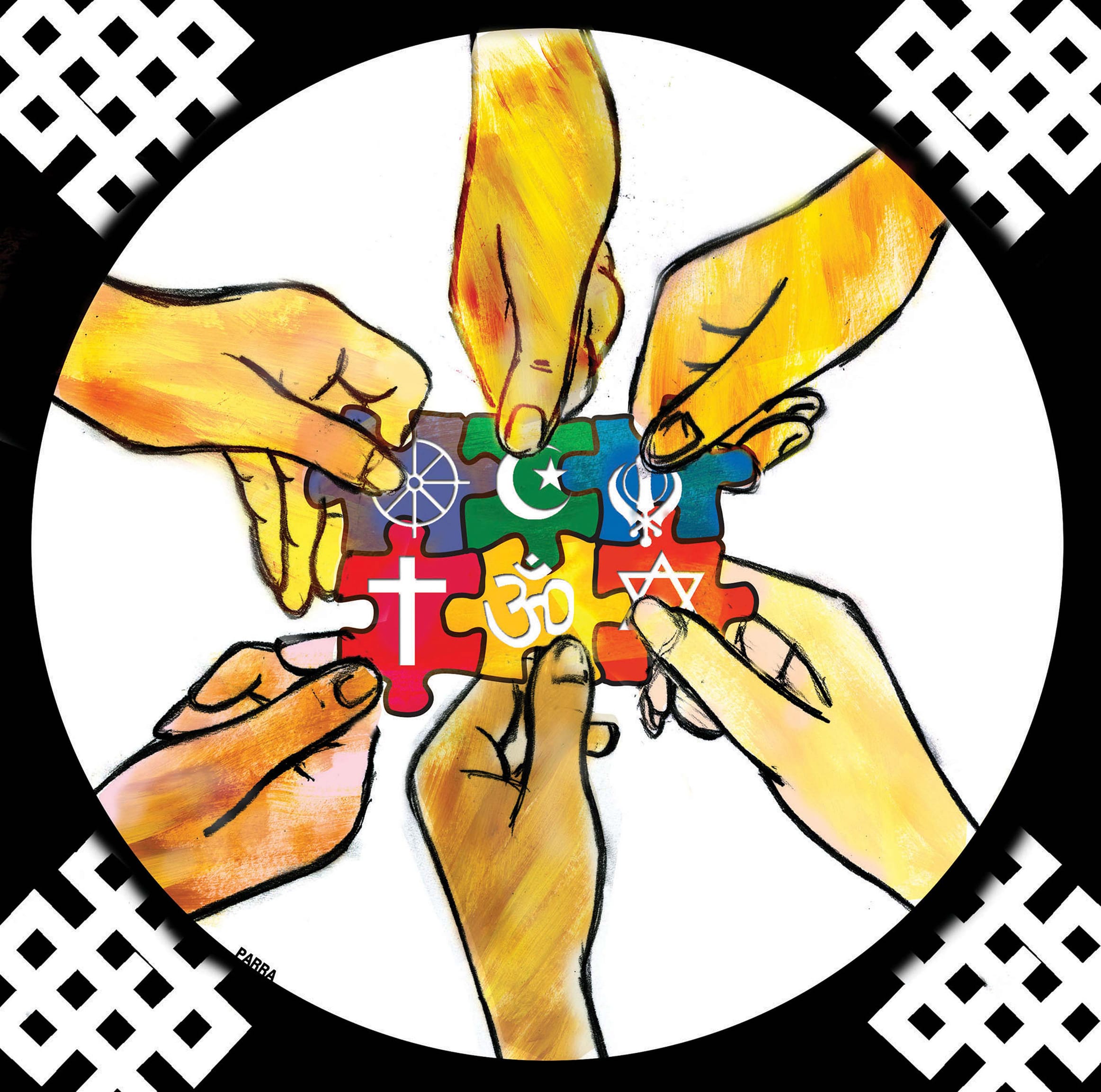Religion, like politics, is something polite people aren’t supposed to talk about, particularly at the dinner table. And there’s sound reasoning for this: Passions can flame, voices spike, dissent can explode into disputes long-festering.
But if one never talks about religion, how will one ever learn? And that’s seen as vital now as society is becoming more multicultural, more multidenominational and ever more vocal.
“Over the years, I have noticed several changes,” Vasudha Narayanan, director of the University of Florida’s Center for the Study of Hindu Traditions, wrote in an email. “People are less than shy about talking about religion; in fact, they wear it on their sleeves and also display it through their car bumper stickers.”
Narayanan, a religion professor and author or editor of seven books, including “Hinduism,” believes talking about religion is a “good thing.” What’s important, she stressed in both the email and a subsequent telephone interview, is talking the talk in a “nonconfrontational” manner.




